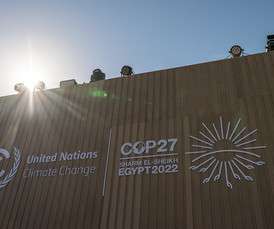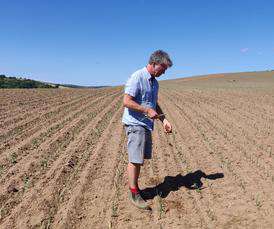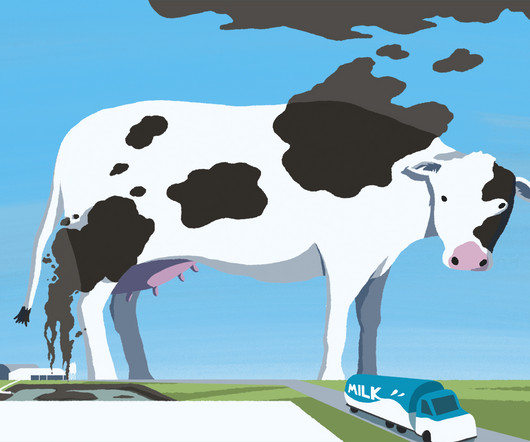How Food Waste is Degrading the Environment
The Environmental Blog
OCTOBER 31, 2022
Food production, processing, packaging, and transportation all have an impact on global warming. The entire amount of greenhouse gasses (such as carbon dioxide and methane) produced by human actions is known as a carbon footprint. And when we discard it, it continues to produce greenhouse gasses into the atmosphere as it rots.
















Let's personalize your content